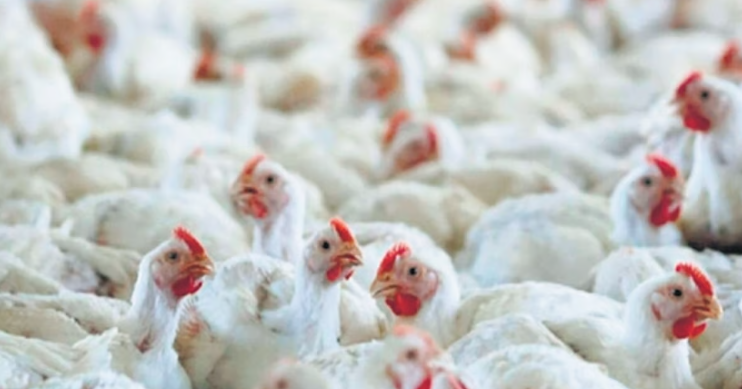Kerala is grappling with a significant outbreak of avian influenza across several districts, prompting urgent measures from the state’s animal husbandry department. An expert committee, comprising scientists and specialists, has been tasked to investigate and recommend strategies to contain the spread of the virus, believed to have originated from migratory birds.
The committee’s findings have led to several crucial recommendations aimed at curbing the outbreak and preventing further transmission of the disease. Here’s a breakdown of their recommendations and the current situation:
Outbreak Details and Recommendations
- Ban on Poultry Transportation: The panel proposes a ban on the transportation of poultry to and from the affected areas in Alappuzha, Kottayam, and Pathanamthitta districts until March 2025. This measure aims to prevent the spread of the virus to other regions.
- Closure of Hatcheries: Hatcheries located in the infected areas are recommended to cease operations until March 2025 to halt the production and potential spread of infected poultry.
- Restrictions on Poultry and Products: Movement of poultry, meat, eggs, and bird droppings from the affected zones to other parts of the state should be strictly prohibited during the ban period.
- No Restocking of Poultry: Farms in the infected areas are advised against restocking poultry during the ban period to prevent reintroduction of the virus.
- Government Decision Pending: The state government, led by Minister for Animal Husbandry J Chinchurani, will evaluate the practical implications of these recommendations before implementation.
Current Status
- Epicenters and Impact: There are 37 epicenters of avian influenza identified in Kerala, with Alappuzha being the most affected (29 epicenters), followed by Kottayam (5) and Pathanamthitta (3). The disease has resulted in the death of 34,851 birds, and 1,70,911 birds have been culled as of July 5. Additionally, 39,462 eggs and 90.6 tonnes of feed were destroyed to contain the spread.
- Initial Spread and Analysis: The virus, first reported on April 14, 2024, likely spread through the sale and transportation of infected birds. Inadequate disposal of carcasses, feed, and droppings contributed to the spread among wild birds, exacerbating the situation.
- Recommendations for Future Prevention: The expert committee stresses the need for regular genetic analysis of virus strains, quarterly testing of all poultry farms, and monthly testing in Kuttanad until March 2025. Proper disposal of bird carcasses and mandatory reporting of infections are also emphasized.
- Biosecurity Measures: All poultry farms are urged to undergo biosecurity audits every four months, with strict regulations on farm size and mandatory registration at veterinary hospitals to enhance monitoring and control.
Conclusion
The recommendations put forward by the expert panel underscore the severity of the avian influenza outbreak in Kerala and the proactive measures required to mitigate its impact. As the state government deliberates on these measures, swift and decisive action is crucial to safeguard public health, protect poultry farming communities, and prevent further spread of the disease.
Stay tuned for updates as Kerala navigates through these challenges and implements strategies to combat avian influenza effectively.

